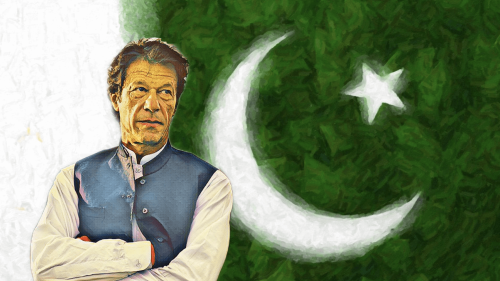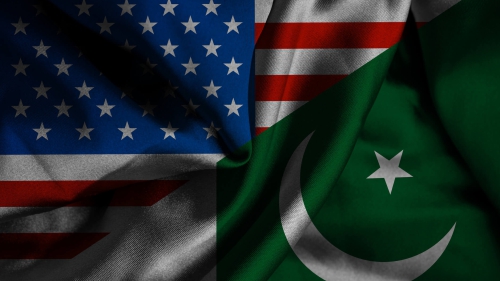Pakistan, the IMF and China: Imran Khan's Economic Challenges
Once Pakistan's election winner Imran Khan forms a government, there will be little time to bask in his triumph. The country's next prime minister will inherit a critical economic situation, according to Gareth Leather, a senior economist at Capital Economics.
He says Pakistan is facing a "mounting and seriously increasing" economic crisis.
"The backdrop to this is big infrastructure projects [such as the China-Pakistan Economic Corridor] that ... began a couple of years ago. They're going to build bridges, railways, roads - which is exactly what Pakistan needs to get its own economy back on track," explains Leather.
"The problem is, the money is coming from China... and it has left Pakistan with a lot of debt. It's also led to the emergence of a big current account deficit ... so what Pakistan's been doing in the last few months is they've allowed the currency to weaken a little bit, they've raised interest rates, they've been spending their foreign exchange reserves," says Leather. "But they need something a lot more drastic ... which I think the International Monetary Fund (IMF) will ask them to provide."
[The IMF will] demand a significant tightening of fiscal policy, which means that Imran Khan, who's elected on these pledges to create an Islamic welfare state in Pakistan, is going to have to do the opposite by cutting spending, rather than increase it. And that's going to be quite unpopular.
Gareth Leather, senior economist, Capital Economics
Pakistan has had 14 IMF financing programmes since 1980, and new loans are likely to come with strict
conditions.
Talk of a bailout is putting the country's economic relationship with China in focus. The $57bn China-Pakistan Economic Corridor has led to massive imports from China, and some US officials are linking
the Chinese super project to Pakistan's financial ills - demanding details on the terms of any Chinese loans.
"The IMF is going to be quite tough, I suspect ... it's going to demand a lot more transparency on these Chinese investment projects. For the moment, nobody really knows where the money is coming from ... They will want a lot more transparency, and that's going to upset the Chinese who like the fact that nobody knows exactly how much they are making from these projects," says Leather.
He believes that the IMF will also "demand a significant tightening of fiscal policy, which means that Imran Khan, who's elected on these pledges to create an Islamic welfare state in Pakistan, is going to have to do the opposite by cutting spending rather than increase it. And that's going to be quite unpopular."
"This is very early on in his term in office, so he can at least blame the opposition, but straight away, he is going to have some tough choices to make."
Topics: Economic Development, Imran Khan, Pakistan
Views: 941
Related Suggestions

















